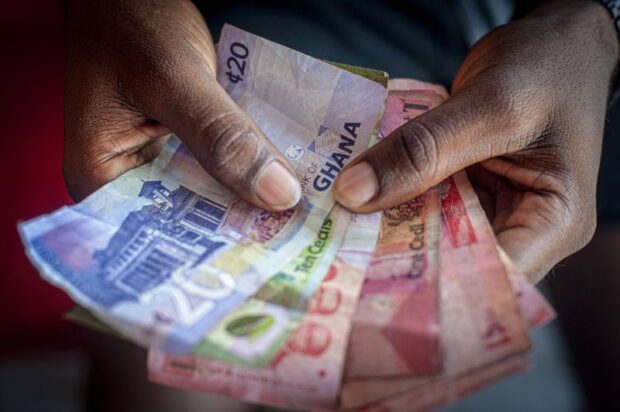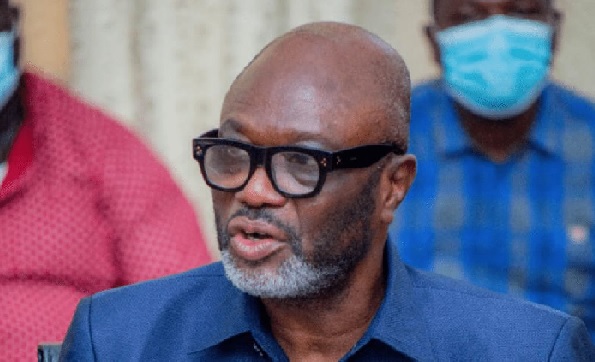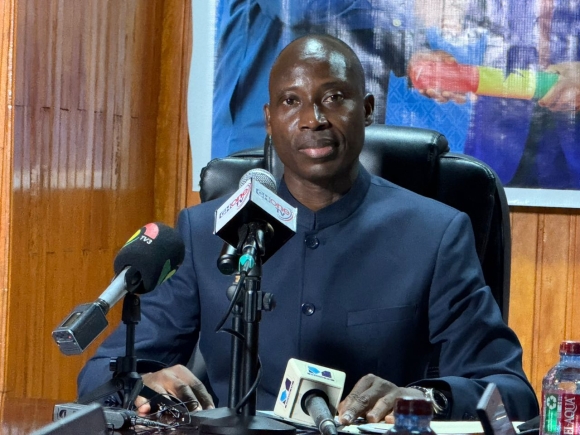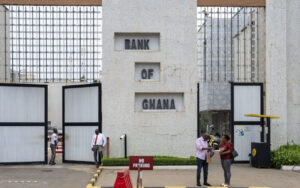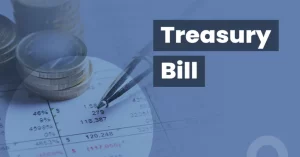Bank of Ghana Appoints Three Advisors to Strengthen Monetary Policy Committee
The Bank of Ghana (BoG) has appointed three distinguished economists as advisors to its Monetary Policy Committee (MPC). This strategic move aims to enhance the committee's capacity in formulating effective monetary policies amidst evolving economic challenges. The Newly Appointed Advisors Dr. John Kwabena Kwakye: Currently serving as the Director of Research at the Institute of Economic Affairs (IEA), Dr. Kwakye brings a wealth of experience in economic analysis and policy formulation. Professor John Gatsi: As the Dean of the University of Cape Coast Business School, Prof. Gatsi is renowned for his expertise in finance and economics, contributing significantly to academic and policy discourse in Ghana. Dr. Priscilla Twumasi Baffuor: A Senior Lecturer at the University of Ghana's Department of Economics, Dr. Baffuor specializes in development economics and has been instrumental in research on economic growth and policy development. These appointments […]



